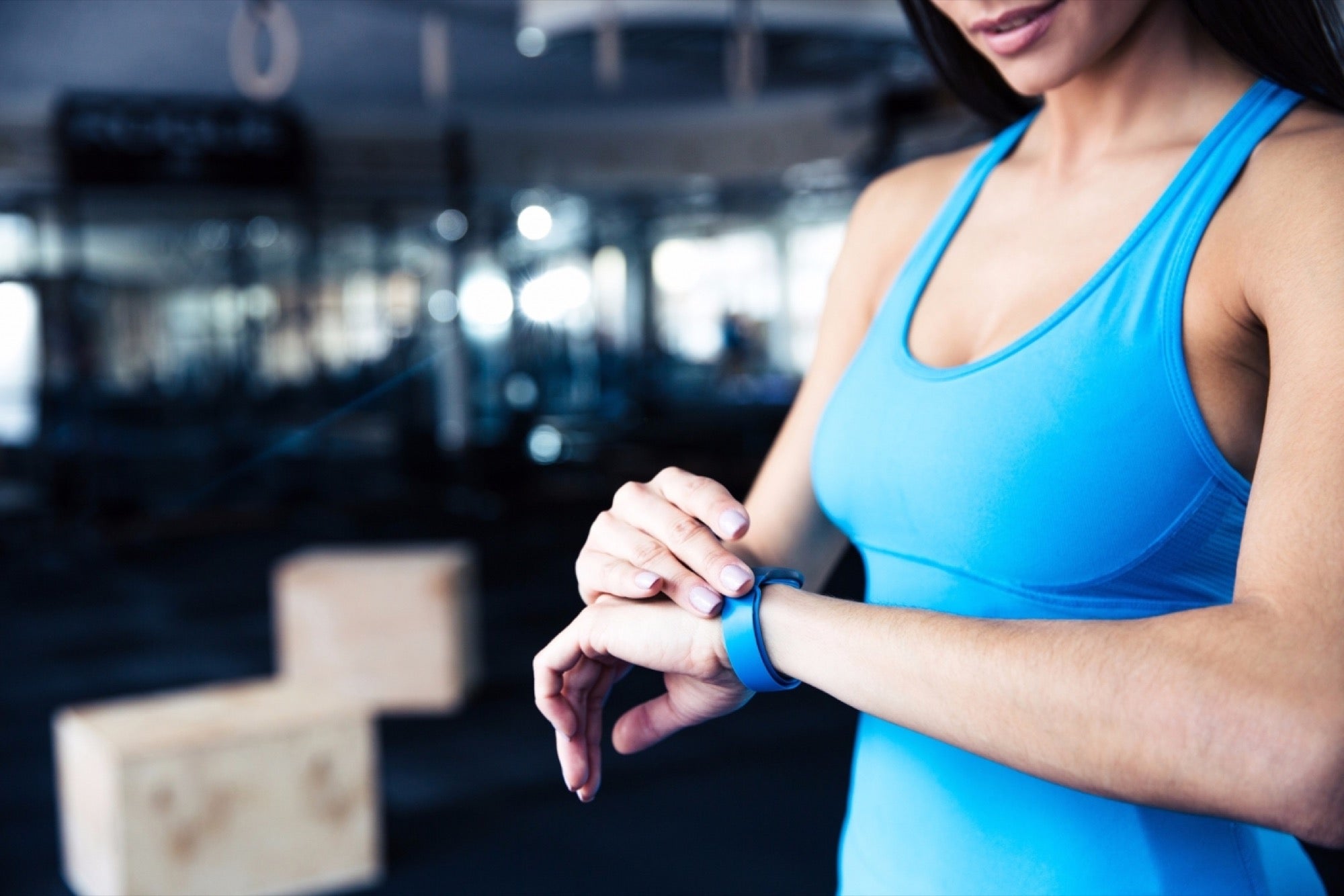Why Would We Expect Wearables to Get Calories Right When We Usually Don't? A recent study from Stanford shows that wearable devices are pretty terrible at tracking calories.
By Stephen J. Bronner Edited by Dan Bova

Maintaining a healthy body weight is more than a matter of calories in, calories out. Genetics play a role, and they could determine your predisposition to obesity. Scientists are only now scratching the surface of the potential influence gut bacteria have on health. But despite these complicating factors, it's important to understand: What the heck is a calorie?
The origins of the term can be traced back to a few French scientists. It was defined as a measurement of the heat needed to raise the temperature of a kilogram of water from 32 degrees Fahrenheit to 33.8 degrees. Eventually, it came to define how much heat, or energy, what we consume provides our bodies.
Related: 5 Ways Switching to Plant-Based Diet Boosts Your Productivity
So when you look at that bag of chips and it says eating the whole thing would be 400 calories, that essentially means your body will have to work ever so much to burn it off. Except, not really. Nutritionists have established that in fact, all calories are not equal. Eating 400 calories worth of chips is not the same as eating 400 calories worth of vegetables. And yet again, each of our bodies works differently, so you may eat those chips and come out OK, whereas I would eat those chips and gain weight.
All of this is to say that, a recent study from Stanford which shows wearable devices are pretty terrible at tracking calories isn't too surprising. How can we expect our tech to understand calories when we ourselves don't?
For the study, 60 volunteers -- 31 women and 29 men -- wore the devices (participants tested the Apple Watch, Basis Peak, Fitbit Surge, Microsoft Band, Mio Alpha 2, PulseOn and the Samsung Gear S2) while walking or running on treadmills or using stationary bicycles. All were also fitted with medical equipment. The researchers then compared the results of the medical instruments to the wearables and found huge discrepancies. (To their credit, the wearables were pretty good at tracking heart rate.)
Related: Live a Healthier Life by Making Consistency Work for You
"People are basing life decisions on the data provided by these devices," said Euan Ashley, a professor of cardiovascular medicine, genetics and biomedical data science at Stanford who led the study. "The energy expenditure measures were way off the mark. The magnitude of just how bad they were surprised me."
He made sure to add that eating doughnuts because your wearable says you burned a certain number of calories is a really bad idea.
By no means am I saying that we should ignore calories -- they're the best unit of measurement of food that we've got, and sticking to a lower-calorie diet can help you lose weight. But we also need to be aware that the human body is complicated, and we're not even close to understanding all of its great mysteries just yet.











